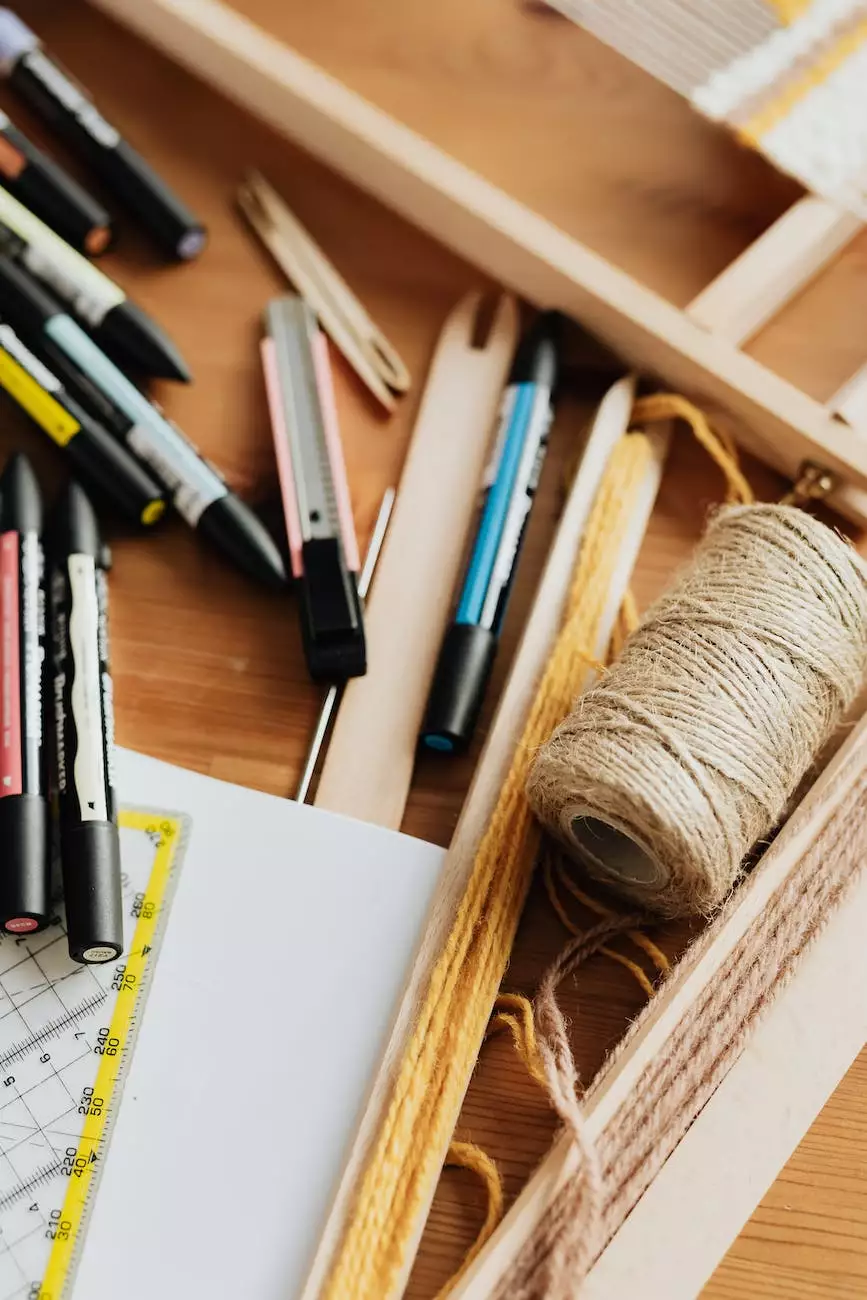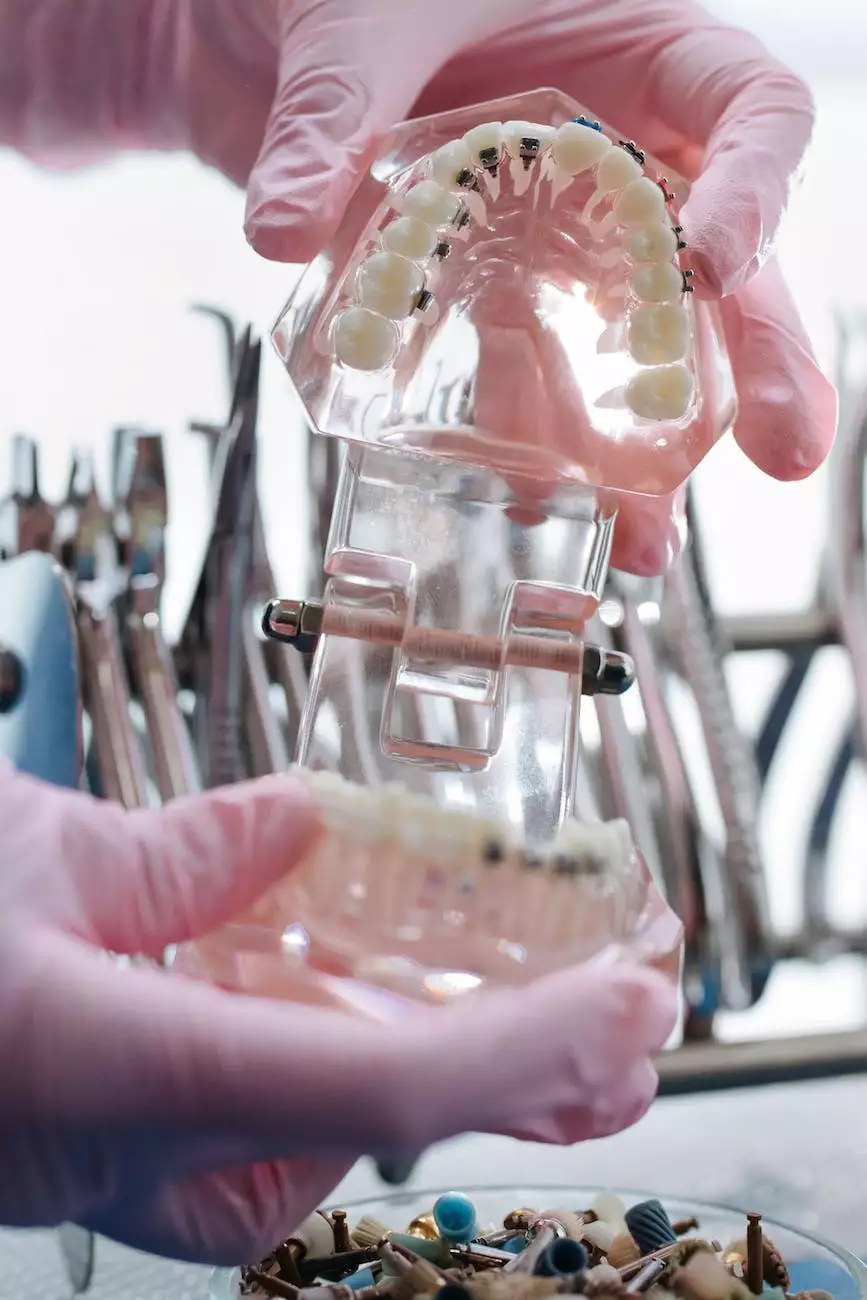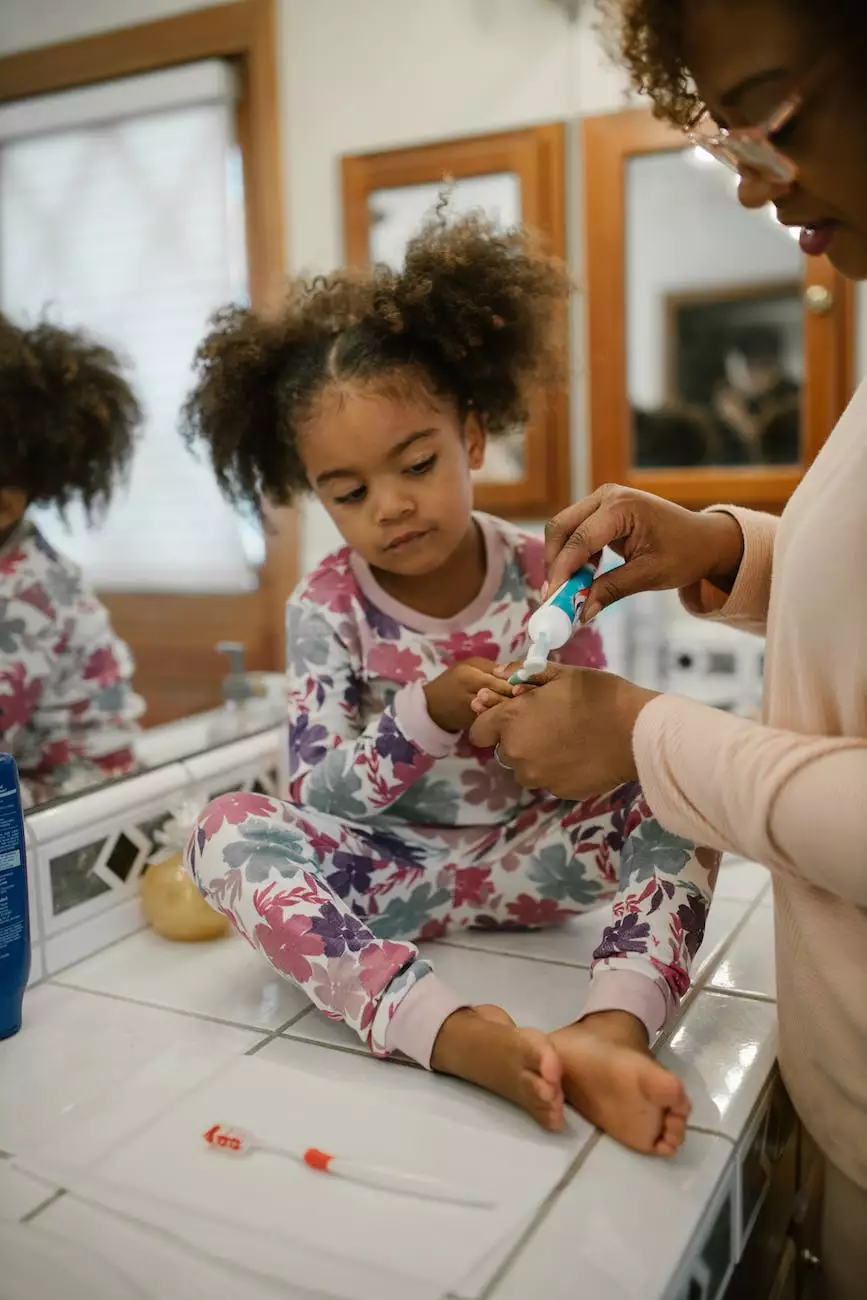What Happens When a Cracked Tooth Goes Untreated?
Oral Health
Welcome to Marvin Blumentritt, DMD - Troy Dental, your trusted source for comprehensive dental services in Troy. In this article, we will discuss the potential consequences and complications that can arise when a cracked tooth is left untreated.
Understanding Cracked Teeth
A cracked tooth refers to a tooth that has a fissure or fracture, either visible or invisible to the naked eye. It is a common dental problem that can occur due to a variety of reasons, such as teeth grinding, trauma, biting on hard objects, dental decay, or a large filling that weakens the tooth structure.
The Dangers of Leaving a Cracked Tooth Untreated
While a cracked tooth may not always cause immediate pain or discomfort, it is crucial to understand that ignoring the issue can lead to serious consequences. Here are some of the risks associated with leaving a cracked tooth untreated:
1. Infection and Abscess
One of the primary dangers of untreated cracked teeth is the risk of infection. When a crack extends deep into the tooth, bacteria can enter and cause an infection in the dental pulp, which is the innermost layer of the tooth containing nerves and blood vessels. If left untreated, the infection can progress to form an abscess, a pocket of pus that can cause severe pain and swelling.
2. Increased Tooth Sensitivity
A crack in a tooth can also lead to increased sensitivity, especially when exposed to hot, cold, or sweet foods and beverages. The crack allows these sensations to reach the nerves, resulting in discomfort and heightened sensitivity. Over time, the sensitivity may worsen, making it difficult to enjoy certain foods and drinks.
3. Weakened Tooth Structure
When a tooth is cracked, its structural integrity is compromised. Untreated cracks can spread and extend over time, weakening the tooth's overall structure. This can make the tooth more susceptible to further damage, such as fractures or even tooth loss.
4. Persistent Pain
Ignoring a cracked tooth can lead to persistent pain. The crack may cause intermittent pain initially, but as it worsens, the pain can become more frequent and intense. This can significantly impact your ability to perform everyday activities and can even disturb your sleep.
5. Gum Disease
Cracked teeth can also increase the risk of gum disease. When a crack extends below the gumline, it becomes an entry point for bacteria, leading to inflammation and infection of the surrounding gum tissue. If left untreated, gum disease can progress to cause gum recession, bone loss, and even tooth loss.
Seeking Dental Treatment for Cracked Teeth
If you suspect you have a cracked tooth, it is crucial to seek professional dental treatment as soon as possible. A skilled dentist like Dr. Marvin Blumentritt at Troy Dental can diagnose the extent of the crack and recommend appropriate treatment options.
The treatment for a cracked tooth may vary depending on the severity and location of the crack. Some common treatment options include:
- Dental Bonding: In cases of minor cracks, dental bonding can be used to repair the damaged tooth structure. The dentist applies a tooth-colored resin material to the affected area, restoring both the appearance and function of the tooth.
- Dental Crown: A dental crown may be recommended for more severe cracks that involve a significant portion of the tooth. The crown acts as a protective cap, strengthening the tooth and preventing further damage.
- Root Canal Therapy: If the crack extends into the dental pulp, root canal therapy may be necessary to remove the infected pulp and save the tooth. After cleaning and disinfecting the canal, the dentist fills it with a rubber-like material and restores the tooth with a crown.
- Tooth Extraction: In cases where the crack is extensive and the tooth cannot be saved, extraction may be the only option. The dentist will carefully remove the damaged tooth and discuss replacement options, such as dental implants or bridges.
Preventing Cracked Teeth
While accidents can happen, there are steps you can take to reduce the risk of cracked teeth:
- Wear a Mouthguard: If you participate in contact sports or engage in activities that pose a risk of dental injury, wear a custom mouthguard to protect your teeth from impact.
- Avoid Chewing on Hard Objects: Refrain from chewing on ice, pens, or other hard objects that can potentially damage your teeth.
- Practice Good Oral Hygiene: Maintain a consistent oral hygiene routine that includes brushing your teeth twice a day, flossing daily, and visiting your dentist regularly for check-ups and professional cleanings.
- Address Teeth Grinding: If you grind your teeth at night (bruxism), talk to your dentist about getting a custom mouthguard to wear while you sleep.
Take Action for Your Oral Health
Don't let a cracked tooth go untreated. Ignoring the issue can lead to serious complications and jeopardize your oral health. Contact Marvin Blumentritt, DMD - Troy Dental today to schedule an appointment and get the proper dental care you need. Our experienced team is dedicated to providing you with outstanding dental services and ensuring your smile remains healthy and beautiful.










